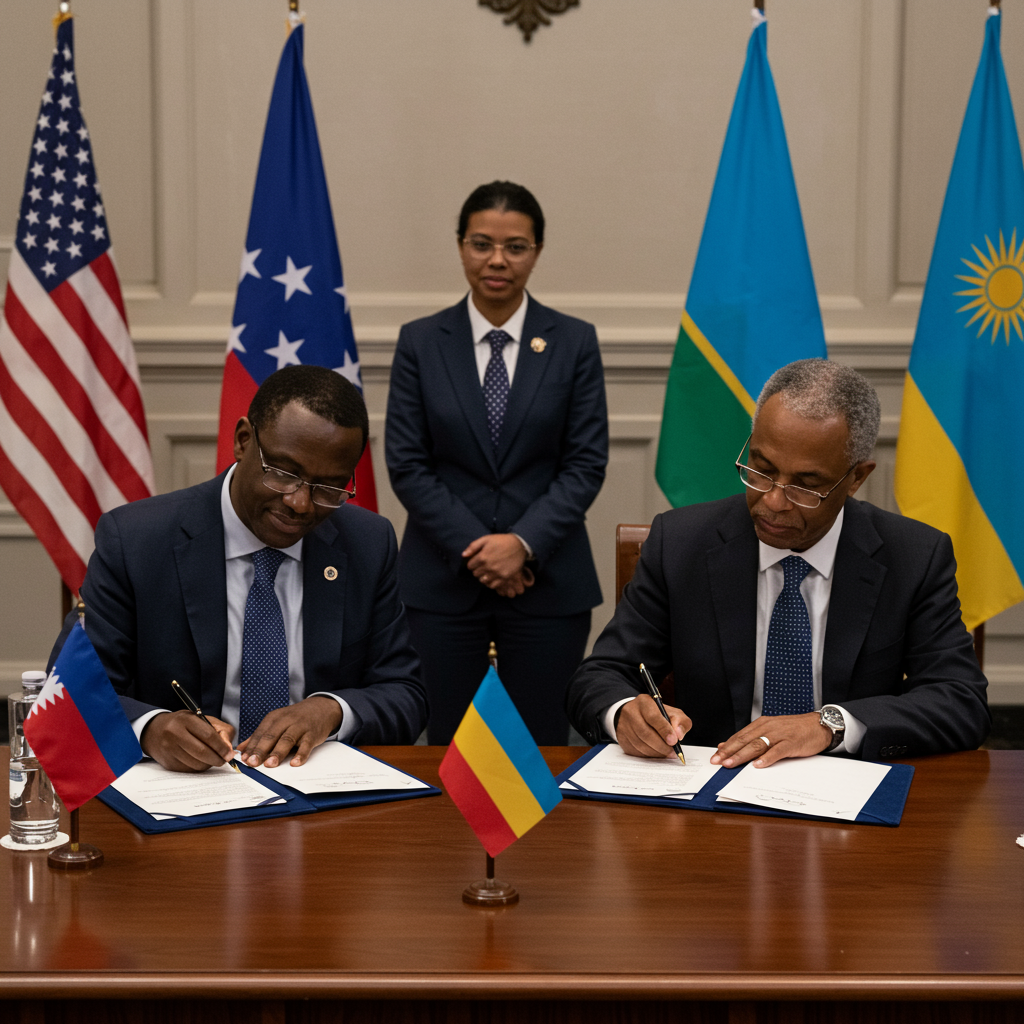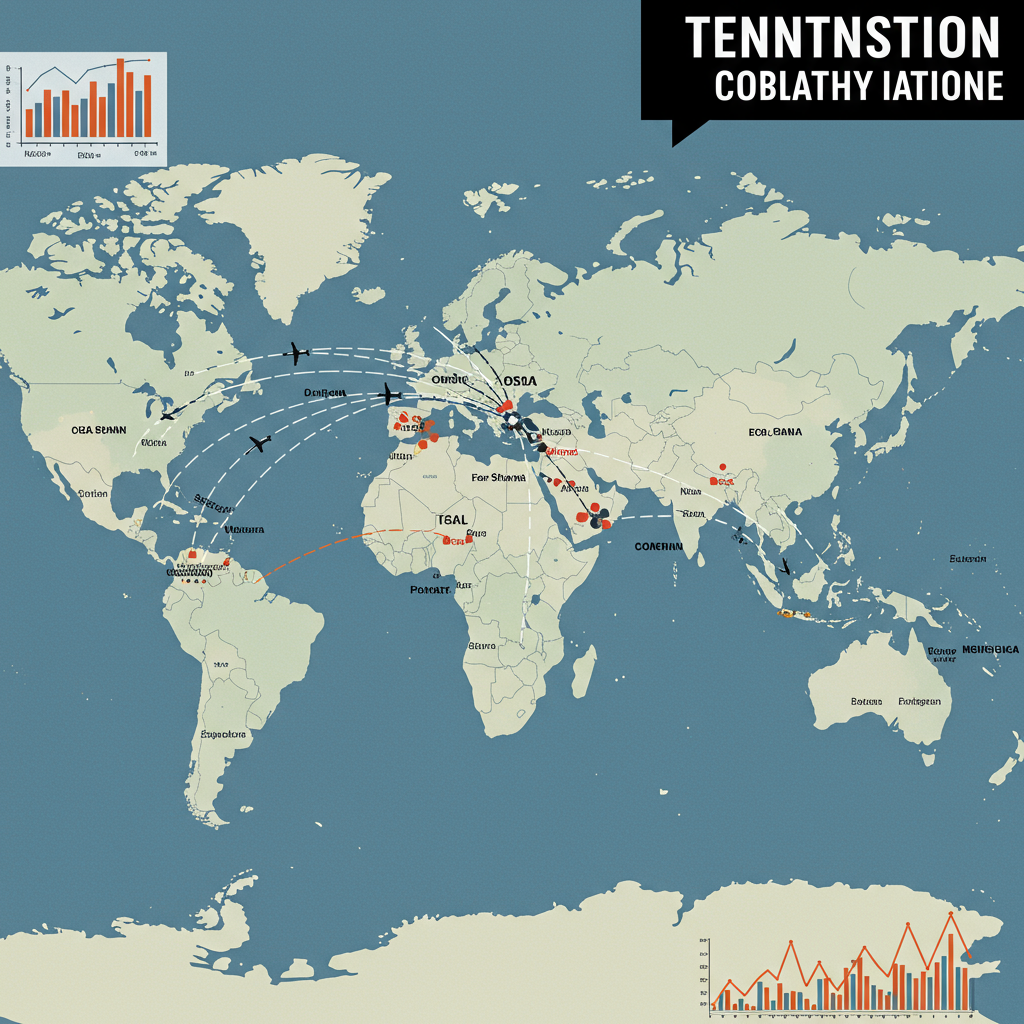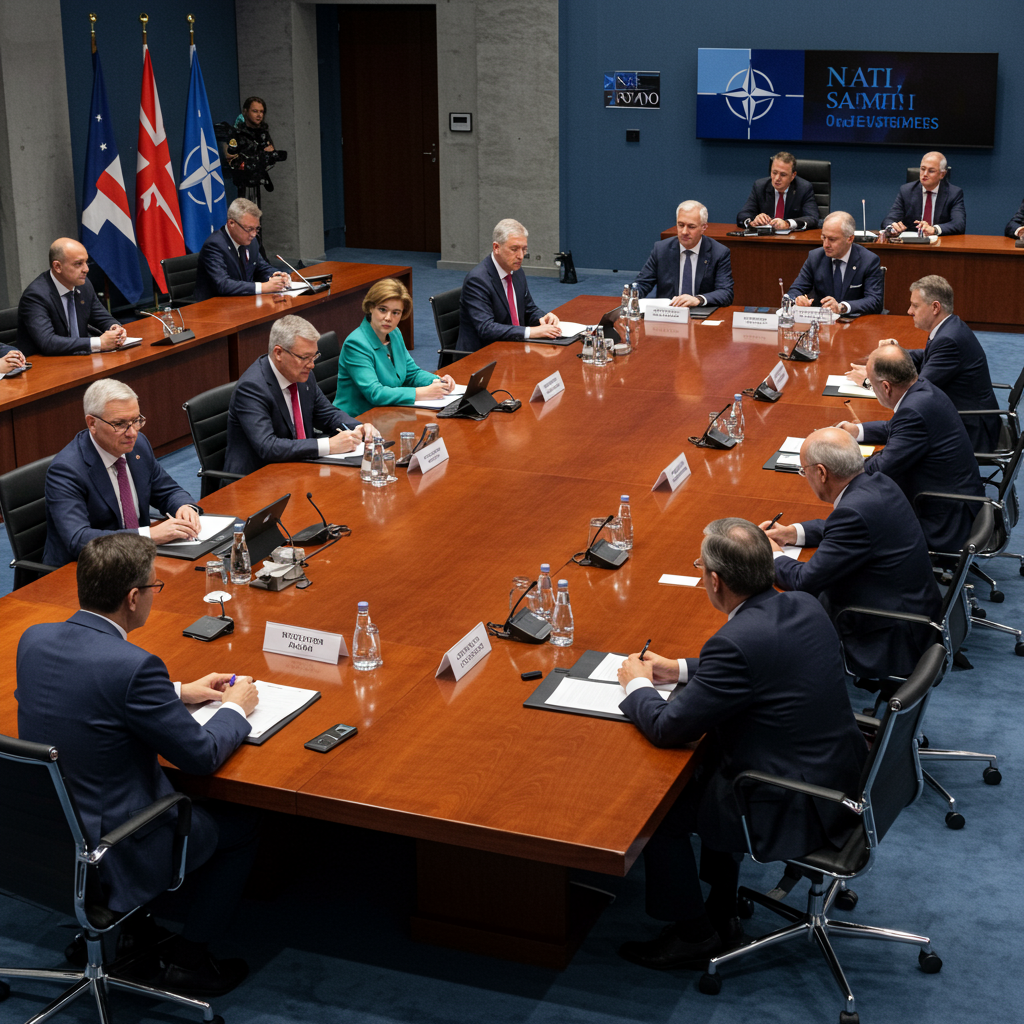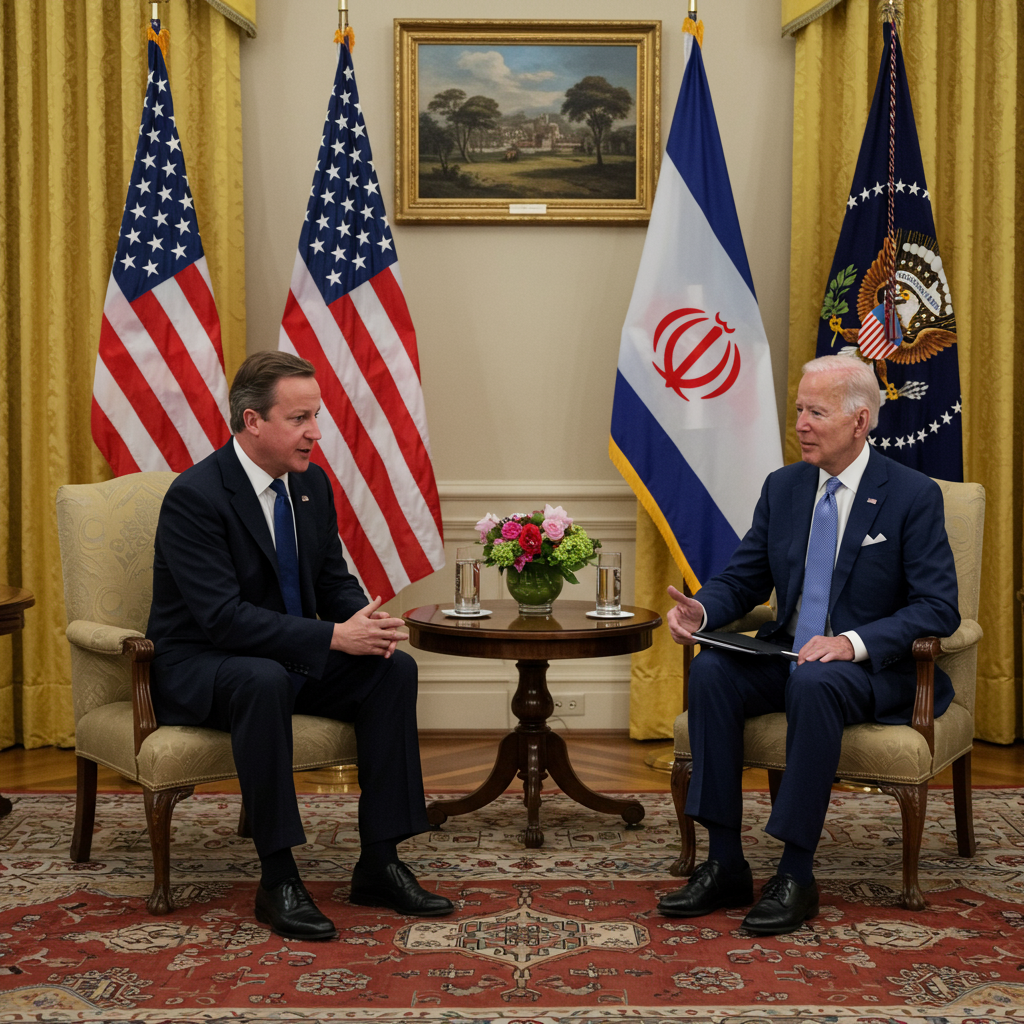DR Congo and Rwanda Sign Draft Peace Agreement to Halt Eastern Conflict
The Democratic Republic of the Congo (DRC) and Rwanda have taken a potentially significant step towards ending years of conflict in eastern DRC, signing a draft peace agreement in Washington, DC. The provisional deal, initialed by technical teams on June 19 following three days of intense discussions mediated primarily by the United States and Qatar, aims to bring an immediate cessation to hostilities in the volatile region. A formal signing ceremony by ministers from both nations is anticipated on June 27.
This draft agreement is built upon a previous declaration of principles agreed upon in April. Its core objective is to address the deep-seated issues fueling violence in eastern DRC, a region long ravaged by conflict and competition for vast mineral wealth.
Key Provisions of the Agreement
The provisional accord outlines several critical measures intended to pave the way for lasting peace:
Mutual Respect for Territorial Integrity: Both nations commit to recognizing and respecting each other’s borders.
Cessation of Hostilities: An immediate halt to fighting between state actors is mandated.
Armed Group Measures: Provisions for the disengagement, disarmament, and conditional integration of non-state armed groups operating in the region are included.
Joint Security Mechanism: Establishment of a collaborative framework to coordinate security efforts and prevent future escalations.
Humanitarian Access & Return: Facilitating the safe return of refugees and internally displaced persons (IDPs) and ensuring access for humanitarian aid.
Regional Economic Cooperation: Promoting economic ties to address underlying drivers of instability.
The Escalating Conflict and its Toll
Eastern DRC has endured conflict for decades, largely driven by various armed groups vying for control over rich natural resources like cobalt, copper, gold, lithium, tantalum, and coltan. The violence dramatically intensified earlier this year following an offensive by the M23 rebel group. Accused of receiving significant support from Rwanda – an allegation Kigali denies – the M23 captured strategically vital areas, including the major city of Goma in January and the town of Bukavu in February.
While DR Congo and Rwanda are not formally at war, mutual accusations persist. Kinshasa maintains that Rwanda provides troops and arms to the M23, a claim reportedly supported by UN experts who noted the presence of thousands of Rwandan troops backing the rebels. Conversely, Rwanda accuses the Congolese government of neglecting the concerns of ethnic Tutsis and supporting the FDLR, a rebel group with links to the 1994 Rwandan genocide – an accusation denied by the DRC.
The intensified fighting has resulted in a dire humanitarian crisis. Thousands have been killed, and millions have been displaced from their homes, with the UN reporting over 7.8 million people displaced across the conflict zones. Furthermore, extensive human rights abuses have been documented. Reports from Amnesty International and the UN High Commissioner for Human Rights, Volker Turk, detail accusations of torture and killings of civilians by the M23, as well as abuses committed by DRC troops and allied armed groups. These acts, according to human rights bodies, may constitute war crimes.
Mediation Efforts and Future Outlook
The peace initiative has seen significant involvement from the United States and Qatar, who stepped in after Angola ended its mediation role in March following multiple failed attempts to secure a lasting truce. The US has a vested interest in regional stability, viewing peace in eastern DRC as crucial to unlocking billions of dollars in Western investment in the region’s valuable mineral sector. US Secretary of State Marco Rubio has described the dual aims of achieving peace and attracting investment as a “win-win” scenario. As part of the diplomatic push, a US envoy visited the region in April, reportedly urging Rwanda to cease any support for the M23 rebels.
Despite the signing of the draft agreement, skepticism remains high due to a history of broken ceasefires – at least six have failed since 2021. Analysts point to significant unanswered questions regarding implementation, such as whether the M23 will genuinely withdraw from occupied territories, how compliance with disarmament will be ensured, the fate of refugees seeking to return, and whether humanitarian access will truly improve. The path to lasting peace in eastern DRC is fraught with complex challenges and a legacy of mistrust that the new agreement must work to overcome.




